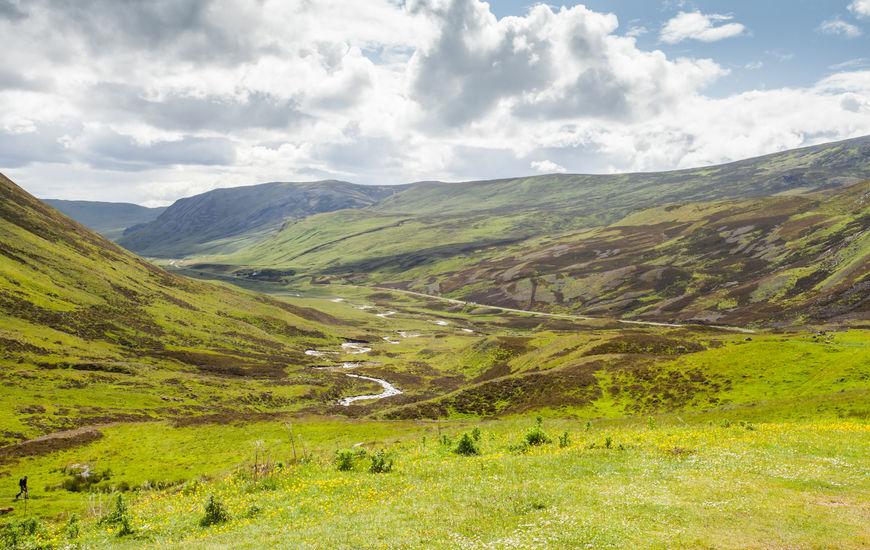
A pesticide that has been banned for more than ten years has been blamed for the death of a farm dog in the Scottish Highlands.
Traces of Aldicarb, a "highly toxic" substance according to the University of Hertfordshire, were discovered at the farm following a police search after the dog died earlier this month.
Just over a week ago, police urged the public to avoid farmland near Muir of Ord in the Highlands after the death of the dog thought to be caused by the banned pesticide.
Traces of the pesticide were detected in the vicinity of Faebait Farm, according to Police Scotland.
The police said it is not possible to establish if the pesticide was left in "a deliberate act".
Insp Mike Middlehurst said: "Due to the time since the original report the substance will now have degraded substantially into the soil, particularly given the recent weather conditions we have had.
"We are awaiting some tests back from our colleagues at Science and Advice for Scottish Agriculture.
"I would still advise dog walkers to ensure that pets are kept on a short lead and under close control when walking in the area."
He added: "Any person who comes across any items that cause them concern should contact the police immediately - do not touch the items."
The University of Hertfordshire's Pesticide Properties DataBase states: "Aldicarb is an insecticide that is not approved for use in the EU. It is highly soluble and volatile.
"It is not persistent in soil but may be in in aqueous sustems. It is highly toxic to humans but has a low potential to bioaccumulate.
"It is a known endocrine disrupter, a neurotoxin and an inhibitor of acetyl cholinesterase. Aldicarb is highly toxic to birds and honeybees, and moderately toxic to most aquatic organisms and earthworms."
